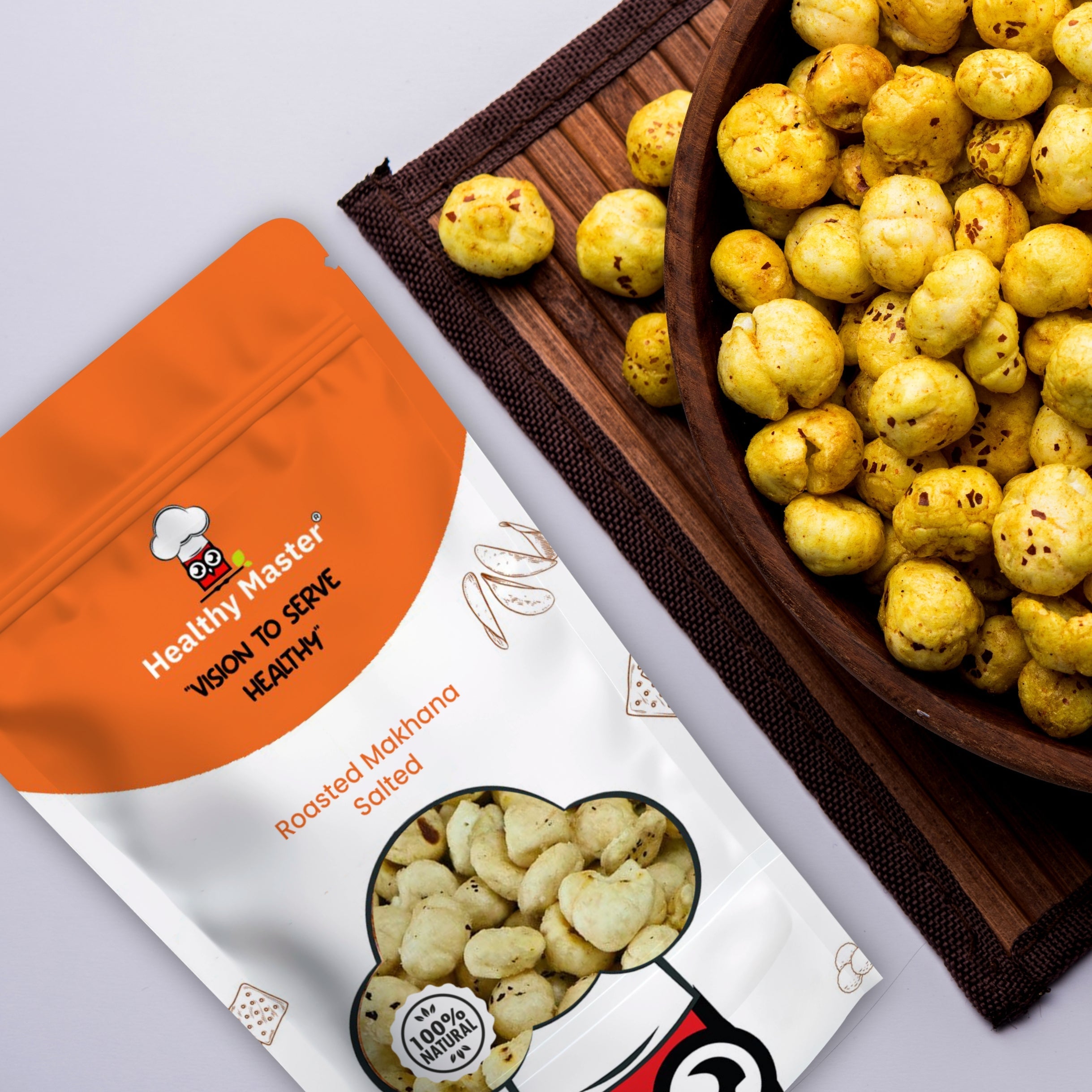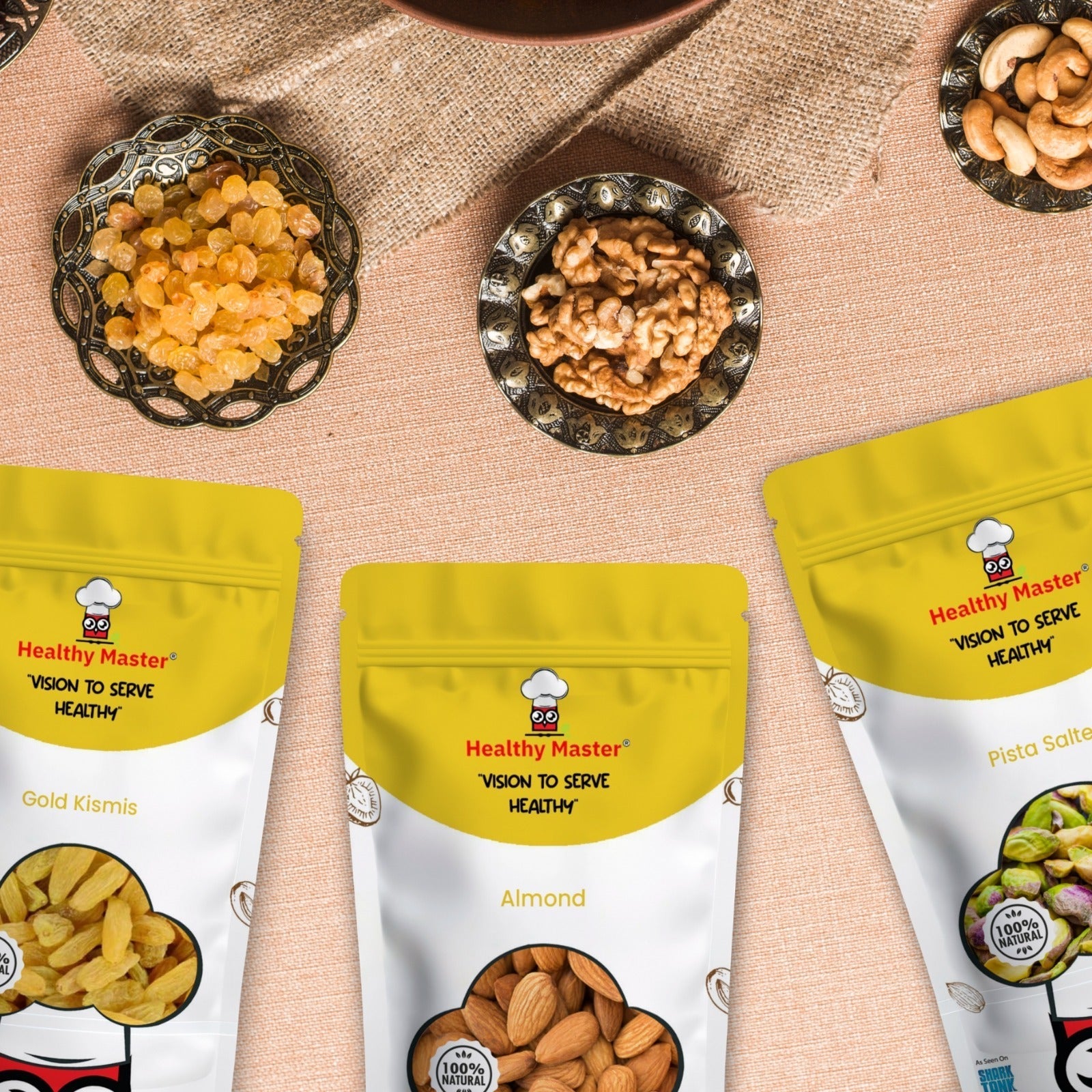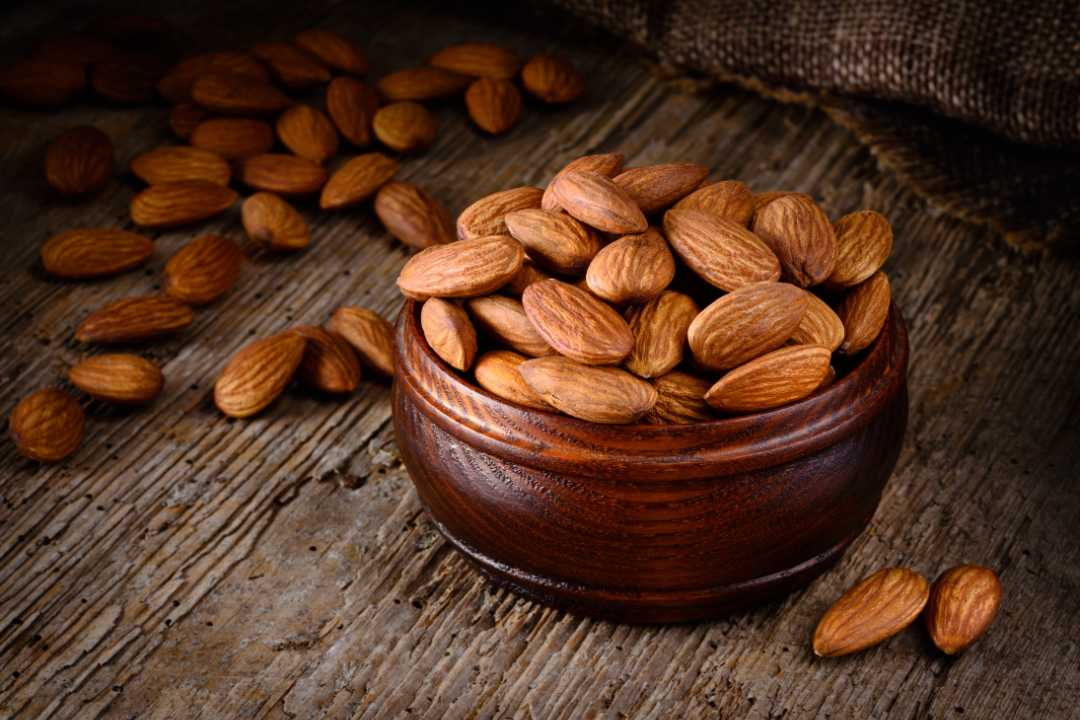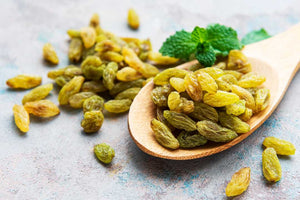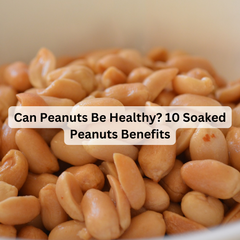Are almonds good for pregnancy? This is the most basic question that will clutter your mind when you plan to expand your family. Almonds are nuts, and it is important to add nuts to your pregnancy diet as they have a high content of omega-3 fatty acids, antioxidants, protein, fibre to name a few. They help you achieve a healthy and balanced diet, which is crucial during pregnancy for both the mother's and the fetus's well-being.
Nuts are a great part of a nutritious diet in pregnancy, and among nuts, you should include almonds in your pregnancy diet because they are packed with nutrients that every mother-to-be needs, such as protein, riboflavin, and magnesium.
Before heading to the health benefits of eating badam during pregnancy, first dive into the nutritional profile of almonds. Don't forget to bookmark this article for future reference if you are planning a baby in the near future.
Nutritional Value of Almonds
Almonds are a superfood because they are a great source of vitamins, minerals, proteins, and fibre. 100 grams of almonds contain 64% of the daily recommended fat, 46% of the daily recommended fibre and 42% of the recommended protein.Moreover, almonds provide a whopping 114% of your daily vitamin E needs. Additionally, they supply 88% of daily Vitamin B2 requirements and 95% of daily requirements for manganese. Because of the high nutrient profile, almonds during pregnancy are highly recommended. Read on to learn about the amazing health benefits of eating almonds during pregnancy.
8 Health Benefits of Almonds During Pregnancy
-
Neurological Development of the Fetus
Almonds are a great source of folic acid, which is a crucial component of the nutrients needed during pregnancy since it promotes the neurological development of the fetus and lowers the risk of birth abnormalities. -
Prevent the Risk of Gestational Diabetes
Almonds are full of dietary fibre, which helps control blood sugar levels and avoid gestational diabetes in the mother-to-be. Additionally, they lower the risk of high blood pressure during pregnancy. Therefore, eating badam during pregnancy is highly recommended for pregnant women. -
Prevent Oxidative Stress
Almonds are known to have an abundance of antioxidants. Therefore, eating almonds (badam) is good for pregnancy as they aid in reducing oxidative stress, which is brought on by pregnancy's wear and tear. Additionally, almonds have a lot of omega-3 fatty acids, which support the heart health of the mother-to-be. -
Promote Fetus Bone Development
For the development of the fetus’s bones and muscles, you must add badam in pregnancy because almonds contain riboflavin, which is crucial for the development of the fetus. Moreover, the calcium and manganese content in almonds help in the bone development of the fetus. -
Enhance Metabolism
During pregnancy, mothers need to speed up their metabolism. Diabetes risk and unhealthy weight gain are increased by low metabolism. Both are harmful to the fetus's healthy growth.
Manganese, carbohydrates, and dietary fat in almonds all help speed up metabolism. Additionally, manganese supports the regulation of thyroid activity and blood sugar levels. Therefore, eating badam is good for pregnancy when it comes to enhancing the metabolism.
-
Prevent Anemia in Pregnant Women
Iron is abundant in almonds. Pregnancy increases the need for iron. This is because the blood volume increases by 50% during pregnancy. Anemia is more likely to develop when iron consumption is insufficient.
Therefore, eating almonds during pregnancy can supply 6% of the daily need for iron. This aids in the treatment of anemia and related health problems. Almonds are therefore extremely good for pregnancy.
-
Improves Digestion
Almonds have a lot of fibre which is excellent for controlling bowel movements. Constipation is a typical problem that many pregnant women experience. Almond consumption, in moderation, during pregnancy aids in preventing constipation and other digestive problems. -
Provide Stamina
Eating badam during pregnancy is crucial, as almonds are packed with protein that helps the mother by giving her strength and increasing her endurance throughout labour and delivery.
Raw or Soaked Almonds in Pregnancy
Raw and soaked almonds are nutritious. However, soaked almonds are a healthier alternative when it comes to pregnancy because they help with digestion. When almonds are soaked, enzymes that help in digestion are released.
It is recommended to eat 4-6 soaked almonds on an empty stomach every morning. Doing so helps in boosting and sustaining the energy level throughout the day during pregnancy time, besides increasing the stamina level.
Side Effects of Eating Almonds in Pregnancy
Almonds, when eaten in moderation during pregnancy, offer the above-mentioned health benefits. However, you must be aware of the side effects, if you eat almonds in excess amounts.
- Almonds have a lot of fibre and excess intake of fibre during pregnancy can cause bloating and constipation.
2. Vitamin E is amazingly abundant in almonds. Fruits and leafy greens, which are essential components of the pregnant diet, are also rich in vitamin E. Consuming vitamin E in excess can cause headaches, flatulence, hazy vision, and abdominal pain, to name a few.
3. The fat and calorie content are high in almonds. The excessive consumption of almonds combined with less physical activity can lead to unhealthy weight gain.
Summary
Your body grows a little human being, and it becomes important to have a nutritious pregnancy diet. Eating high-quality almonds during pregnancy is incredibly beneficial for the neurological development of the fetus, improving metabolism, and enhancing stamina, to name a few, as almonds are packed with vital nutrients. However, you should eat almonds in moderation, and you must first consult your doctor before adding almonds to your pregnancy diet to ensure that you are not allergic to nuts like almonds. You can buy the premium-quality almonds from Healthy Master.
 Deal of the week : Trial Snack Box - 18 Wholesome Delights Just at ₹ 899.00
Deal of the week : Trial Snack Box - 18 Wholesome Delights Just at ₹ 899.00




